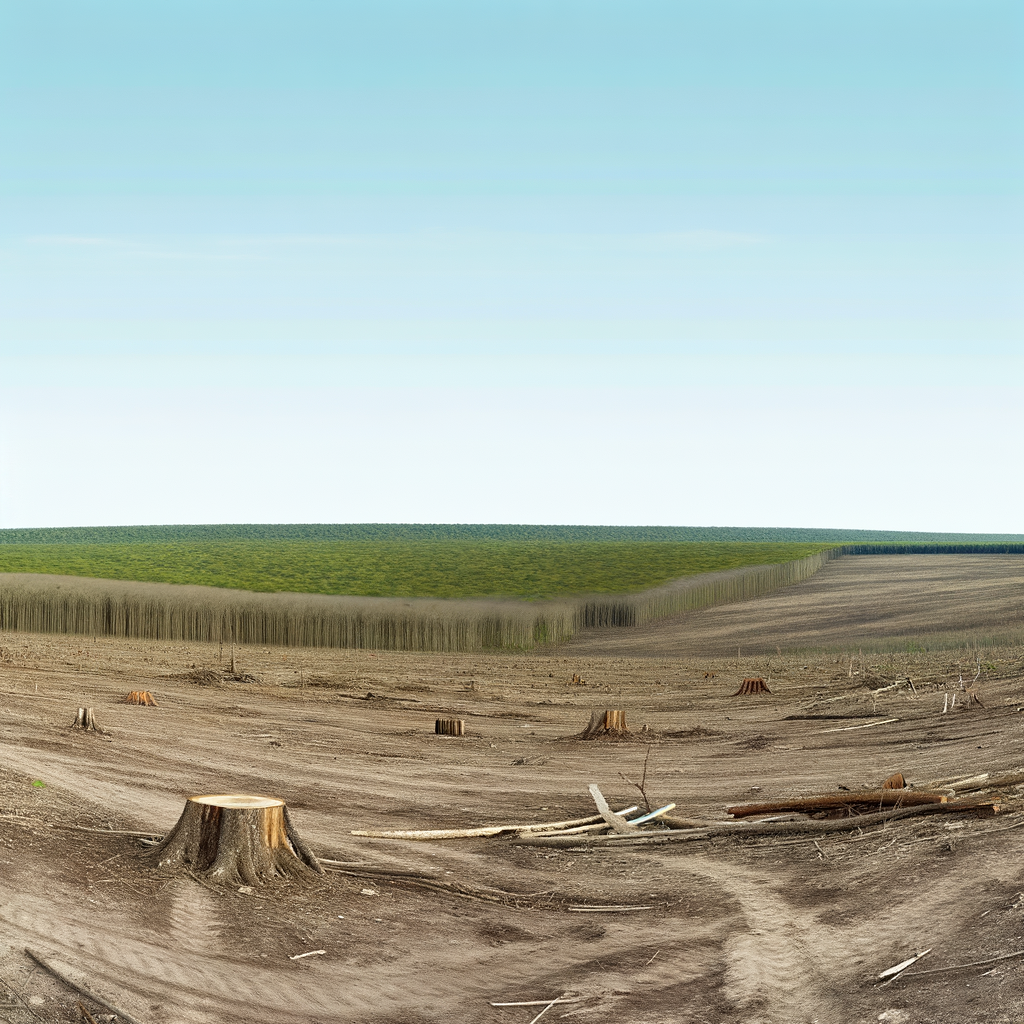Global Forest Loss Hits Record High in Latin America: A Crisis for Our Planet
Guest Contributor
In recent years, the world has witnessed an alarming increase in forest loss, with Latin America emerging as a critical hotspot. According to a recent report, global forest loss has reached unprecedented levels, driven primarily by deforestation in this region. This surge in deforestation poses severe threats to biodiversity, climate regulation, and the livelihoods of millions who depend on these forests.
Latin America, home to the vast Amazon rainforest, has experienced the most significant forest degradation. The heart of this crisis lies in the relentless expansion of agriculture, logging, and mining activities. These industries, fueled by global demand, continue to encroach upon pristine forest lands, leading to habitat destruction and increased carbon emissions.
The consequences of this forest loss extend far beyond the immediate environment. Forests play a crucial role in absorbing carbon dioxide, thus mitigating climate change. Their destruction not only releases stored carbon but also reduces the planet's capacity to absorb future emissions. This feedback loop accelerates global warming, threatening ecosystems and human communities alike.
Moreover, the loss of forests in Latin America jeopardizes countless species that rely on these habitats. Many of these species are already endangered, and deforestation pushes them closer to extinction. Indigenous communities, who have historically protected and managed these forests sustainably, face displacement and cultural erosion as their lands are destroyed.
Efforts to combat deforestation have gained momentum, with governments, NGOs, and international bodies implementing policies and initiatives aimed at forest conservation. However, challenges remain, including illegal logging, weak enforcement of environmental laws, and economic pressures that prioritize short-term gains over long-term sustainability.
To address this crisis effectively, a multifaceted approach is necessary. This includes supporting sustainable land-use practices, strengthening legal frameworks, empowering indigenous peoples, and promoting global cooperation to reduce demand for products linked to deforestation.
The global community must recognize the urgency of preserving Latin America's forests. Protecting these vital ecosystems is not only essential for biodiversity and climate stability but also for the well-being of future generations. By taking decisive action now, we can turn the tide on forest loss and safeguard our planet's lungs.

